Seattle Grunge
The less than flattering term, “grunge” dates back to at least 1981. A young high school student named Mark McLaughlin was describing his band, Mr. Epp and the Calculations in the now-defunct Desperate Times magazine. The man who would later replace his surname McLaughlin with the edgier Arm referred to his band as, “pure grunge, pure noise, pure shit.”
Six years later, Sub Pop co-founder, Bruce Pavitt would describe (Arm’s band which included two future members of Pearl Jam) Green River’s Dry as a Bone EP as, “ultra-loose grunge that destroyed the morals of a generation.” That same year, Sub Pop would release Soundgarden’s raw debut EP, Screaming Life. By the time they released Nirvana’s debut album, Bleach in 1989, Soundgarden was signed to A & M, and the major labels had figured out that there was something going on in Seattle besides Starbucks and rainy days.
By August of 1991, all four of the bands most commonly referred to as the “big four” were signed to major labels. Nirvana signed to Geffen, while Alice in Chains and Pearl Jam released their debut albums on Columbia and Epic. While none of those bands were fond of the word grunge, there was a general camaraderie among the members, save Kurt Cobain’s verbal attacks on Pearl Jam.
In January of 1992, Nirvana’s Nevermind knocked Michael Jackson from the number one spot on the Billboard 200. The big four would release a combined six more number-one albums by 1996. By the following year, Pearl Jam was the only band still going. To this day, they remain the only of the original big four still relatively intact, with four of the five original members. The scene fell from the mainstream as fast as it rose due in large part to the 1994 suicide of Kurt Cobain, followed by Layne Staley’s heroin-fueled hiatus (which started in 1996), and Soundgarden’s 14-year hiatus which began the following year.
Seattle has moved on, but for many music fans, Seattle history starts with the founding of Sub Pop and ends with Down on the Upside. Despite how locals may feel about the overexposure of a handful of bands that brought the “Seattle sound” to the mainstream, the city has done an amazing job of preserving this history for fans.
This is a list of places that grunge fans can still visit. It is arranged in chronological order as much as possible. The list includes some obvious places like MoPOP and the former Cobain residence, but also includes hotels, parks, record stores, concert venues, etc. that require the type of deep digging that Eddie Vedder accused the music industry of failing to do in the 1996 film, Hype!
Ayutthaya Thai Restaurant
Benaroya Hall
CENTRAL SALOON
Coryell Apartments
The Crocodile
EASY STREET RECORDS
The Edgewater
EL CORAZON
Hotel Max
KEXP
Layne Staley
THE MOORE THEATRE
Museum of Pop Culture
PARAMOUNT THEATRE
Pho Bac
Ray's Boathouse
RE-BAR
Screwdriver Bar
THE SHOWBOX
A Sound Garden
VIRETTA PARK
Terminal Sales Building
West Point Lighthouse
Ray’s Boathouse
Chris Cornell started working in this Seattle institution as a dishwasher back in the early 1980s. According to a Seattle Times article from around the one-year anniversary of his death, the young, long-haired teenager used to enjoy impersonating rock stars while he hosed off floor mats down by the dock. His older brother (Peter) got him the job and he in turn got his friend Kevin a job. Some say that Kevin from the song “Full On Kevin’s Mom” off Soundgarden’s 1989 major label debut is a reference to Chris’ former friend and co-worker.
In the mid-80s, the Cornell brothers left Ray’s for a brief stint at Capitol Hill’s Rain City Grill before the Soundgarden frontman finally dedicated himself to his band full time. Soundgarden continued until going on a 14 years hiatus which started in 1997. A month before their first breakup, Cornell attended a retirement party for his former boss and head chef at Ray’s. None of his former co-workers are still at Ray’s but the seafood restaurant which overlooks the Shilshole Bay is still going strong after more than 65 years.
Pho Bac
Pho Bac was one of Seattle’s first Vietnamese restaurants. When they first opened back in 1982 at the corner of 14th and Jackson, they sold one item: pho noodle soup (small and large). Like many early grunge pioneers, Bruce Pavitt worked for a few years at Muzak. Pho Bac was one of his go-to spots for lunch. According to Eater, members of Mudhoney, Swallow and Tad also became frequent patrons. Back then, it was located in a red, boat-shaped building. They’ve since expanded their menu and moved across the parking lot into a more spacious location. You can still see the boat at the corner of 14th and Jackson, but it’s no longer occupied.
They have a small parking lot, but you don’t necessarily need to drive. From King Street (Amtrak) station or the light rail, you can take the First Hill Streetcar east. Get out at Little Saigon and it’s across the street.
Nearest light rail station: International District/Chinatown
Ayutthaya Thai Restaurant
Named after the ancient capital of the Kingdom of Siam, Ayutthaya was one of Seattle’s first Thai restaurants. According to an article on Eater, Muzak (the company that made elevator music) employees used to frequent this Capitol Hill landmark when it first opened back in 1985. Thom kha (coconut soup) was a favorite of the burgeoning grunge crowd. According to Swallow and Young Pioneers guitar/vocalist, Chris Pugh, Tad frontman, Tad Doyle asked if he was biting in to a piece of bark after his first taste of galangal.
The restaurant is still open. Currently, they only serve Thom Kha with their dinner menu. It’s just one block west of the First Hill Streetcar line, which runs along Broadway. Read more about public transit in Seattle here.
Nearest light rail station: Capitol Hill
A Sound Garden
The first of the Seattle grunge bands to sign to a major label, Soundgarden took their name from this outdoor public artwork located on the National Oceanic and Atmospheric Administration (NOAA) campus. The sculptural group of a dozen 21’ high steel towers makes un-grunge-like soothing sounds when the wind passes through. This is because each one is topped with an organ pipe attached to a weather vane. Bring your imagination and visit during a windy day and maybe you’ll hear the intro to “The Day I Tried to Live” or “Beyond the Wheel.”
Either way, the setting along the northwest shore of Lake Washington can be a serene escape from gridlock traffic and the seemingly never-ending luxury condos that seem to be sprouting up everywhere near the downtown area.
Terminal Sales Building
In early April of 1988, the label that introduced the world to Mudhoney, Nirvana, and Soundgarden moved into their 11th-floor office in Seattle’s Terminal Sales Building. That same year, Sub Pop co-founder, Bruce Pavitt assured Chris Cornell, “Seattle’s gonna take over the world.” Back then, most (including one of the frontmen who would help make that happen just four years later) would have brushed him off as overly ambitious.
Sub Pop has outlived Nirvana, Soundgarden, and even its founders. To this day, the elevator only goes up to the 10th floor of the Terminal Sales Building. You have to walk up from there. Their current “world headquarters” is just four blocks from the Terminal Sales Building. Sub Pop’s motto is “Going Out of Business Since 1988.”
Nearest light rail station: Westlake
Central Saloon
One of the last grand old saloons, The Central dates back to the 1890s. The venue opened just three years after the great fire. Before Alice in Chains, Nirvana, and Soundgarden headlined arenas and festivals around the world, they all played at the Central. The venue is similar in size to the former-CBGB and still hosts bands. The walls are lined with photos and concert flyers from the days which led up to the brief period when Seattle seemed like the center of the musical universe.
Nearest light rail station: Pioneer Square
Coryell Court Apartments (The Apartment Building from Singles)
The building first appears at the 8 minute and 35 second mark after the humorous black and white caption, “Have Fun Stay Single.” We first meet Cliff (played by Matt Dillon) and Steve in the building and it makes numerous appearances throughout the film. Janet (played by Bridget Fonda) lives there as well.
The first time we see Cliff’s band (Citizen Dick), they are jamming inside one of the apartments. Jeff Ament is on bass and Eddie Vedder on drums. In the same scene, an unenthusiastic-looking Stone Gossard puts down his guitar and says, “yea, we got that show,” trying to cover for his forever philandering bandmate Cliff. Not long after, Jeff Ament tells him to move his truck.
On the night that Linda and Steve meet, they end up at the apartment building, seated outside on a bench. After Linda takes a break from complaining about her last relationship, she asks Steve to introduce his neighbors from a distance. He then gives her brief, partly-sarcastic rundowns of everyone in his building, before inviting her up to his room.
Towards the end of the movie, there’s a hilarious scene where an excited Cliff surprises Janet with a new car stereo he installed for her. As the music starts (“Jinx” by Tad), a stoned-looking Chris Cornell comes walking out of one of the apartments dressed in black. As he’s standing beside Cliff bobbing his head, Cliff continues to turn up the music until all of the windows blow out on Janet’s car.
Nearest light rail station: Capitol Hill
Black Dog Forge
Between 2nd and 3rd Avenues off Battery Street in Belltown, there’s a narrow alleyway with back entrances to some of the buildings along the main avenues. Behind the Vue Lounge (Rear 2nd Ave), you’ll see a gray door surrounded by a painted black wall. Above the door, there’s an eerie painting of an arm holding an oil lamp. To the left of the door, you’ll see “Black Dog Forge” outlined in red. In the early 1990s, the basement of this former blacksmith shop served as a 30×30′ practice space for bands such as Soundgarden and a then up and coming band called Pearl Jam. Unfortunately, it’s not open to the public.
Nearest light rail station: Westlake
El Corazon (formerly the Off Ramp Cafe)
On October 22, 1990, Mookie Blaylock played their first show at the Off Ramp Cafe. The following year, they opened for Alice in Chains on their Facelift tour, signed a deal with Epic Records, renamed themselves Pearl Jam, and released their debut album, Ten, in honor of Blaylock’s basketball jersey. The building is still there, but it’s been renamed El Corazon. If you search for it on Google Maps and find Funhouse, it’s the same building.
Nearest light rail station: Westlake
West Point Lighthouse
This is the lighthouse you see in Temple of the Dog’s “Hunger Strike” video. Just months before Chris Cornell broke his Rusty Cage and Eddie Vedder let the world know that he’s still alive, Temple of the Dog released their only album. It started as a tribute to Mother Love Bone (Jeff Ament and Stone Gossard’s pre-Pearl Jam band) frontman, Andrew Wood. The project started with two songs, “Say Hello 2 Heaven” and “Reach Down” and eventually was released as an album featuring Chris Cornell and the Pearl Jam lineup from 1998-present.
Both the lighthouse and the beach they perform on are part of Discovery Park, which is situated on the Puget Sound.
Re-bar
Re-bar opened in 1990, just as Seattle bands like Nirvana and Soundgarden were gaining national recognition. Steve and Linda meet here in the movie Singles. On September 13, 1991 (Friday the 13th), Re-bar hosted the release party for Nirvana’s second studio album, and major label debut, Nevermind. After the band members started an alcohol-infused food fight, they were kicked out of their own record release party. Nevermind would go on to sell more than 10 million copies in the U.S. and 30 million worldwide. Despite all the post-2000 changes in Seattle, the venue is still going strong today.
Nearest light rail station: Westlake
The Paramount Theatre
The Paramount has been on the National Register of Historic Places since 1974. Local bands like Heart, Nirvana, and Soundgarden recorded concert films at the venue. Nirvana played here on Halloween 1991, just five weeks after the release of Nevermind. They opened with an electric version of The Vaselines “Jesus Doesn’t Want Me For a Sunbeam” and also played the then-unreleased “Rape Me.” The show was officially released 20 years later as Live at the Paramount. Soundgarden’s March 6, 1992, Paramount show was released in its entirety under the same name as part of the 25th-anniversary re-release of Badmotorfinger.
Nearest light rail station: Westlake
The Former Cobain Residence
The house Kurt Cobain spent his final days in is located along Lake Washington Blvd. in an exclusive neighborhood, just one block west of the lake. The house is hidden behind several tall trees. A tall wooden gate prevents entry to the property (unless you’re an adept climber). Fans still get their pictures taken in front of the gate, although the house has not been in the Cobain family since at least 2003.
Viretta Park
Located next to the house that Kurt Cobain spent his final days in, Viretta Park has multiple benches covered with Nirvana-related graffiti. It’s a somber setting in an upscale neighborhood along Lake Washington. Fans leave gifts ranging from commonplace offerings like cigarettes and books to more eccentric items like bootleg CDs, booze, and other groceries.
The Moore Theatre
Dating back to 1907, the Moore is the oldest Seattle theatre that is still in use. Alice in Chains, Pearl Jam, and Soundgarden played there before they headlined arenas and stadiums. Some of the concert footage you see in Pearl Jam’s video for Even Flow was taken from a live performance at the Moore. Soundgarden recorded their 1988 Fopp EP here before signing with A & M.
If you want to see a healthier-looking and more energetic Layne Staley, check out the Alice in Chains Live Facelift concert film from December 1990. Less than five years later, Mad Season (a Seattle grunge supergroup fronted by Staley) recorded their only concert film, Live at the Moore in the same venue. It proved to be their final show and Staley’s final performance in his home city. He died of an overdose in his University District apartment less than seven years later.
Nearest light rail station: Westlake
Layne Staley’s Final Residence
Layne Staley spent his final years as a recluse in his University District apartment. We know that he made regular ATM withdrawals and used some of the cash to support the habit that he often sang about and which claimed his life in April of 2002. Despite him being 6′ tall, Staley’s body reportedly weighed just 86 lbs at the time of his death. He had been decomposing for roughly two weeks by the time his body was found. The coroner’s report puts his date of death around April 5, which is exactly eight years after Kurt Cobain.
Today, there’s a Preschool and Women’s Health Clinic on the ground floor. Staley lived on the 5th floor, which is off-limits to non-residents. There’s nothing commemorating him on the property, but you can get the address from a quick Google search. In 2019, the city of Seattle declared August 22 (his birthday) Layne Staley Day. The Crocodile hosts the annual Layne Staley Tribute around his birthday.
Nearest light rail station: University of Washington
The Showbox
The legendary Showbox dates back to 1939. Jazz legend Duke Ellington played here as did blues guitarist Muddy Waters. The Ramones played here before their Seattle offsprings like Mudhoney, Pearl Jam, and Soundgarden made it a household name.
In 2003, Pearl Jam released a limited edition DVD of their 2002 performance here called Live at the Showbox. The show is notable for the unveiling of the George W. Bush mask during “Bushleaguer,” as well as an Eddie Vedder anti-war improv at the end of “Daughter.” Both would make regular appearances during their 2003 world tour.
Nearest light rail station: University Street
Benaroya Hall
Benaroya Hall is home to the Seattle Symphony. On October 22, 2003, Pearl Jam played a mostly-acoustic show here to raise money for Seattle-based charity YouthCare. It was released the following year on vinyl and as the two-CD set, Live at Benaroya Hall. The show marked the live debuts of “Man of the Hour,” the B-side “Fatal,” and a cover of Johnny Cash’s “25 Minutes to Go.”
The building sits directly above the Great Northern Tunnel. The Sound Transit Light Rail runs through the tunnel and stops under the venue.
Nearest light rail station: University Street
Screwdriver Bar
This basement bar in Belltown served as Nirvana’s rehearsal space between Bleach and Nevermind. The three owners will proudly tell you that the last name on the lease before they took over was none other than Nirvana. Nowadays, the Screwdriver is a friendly neighborhood juke joint, which occasionally hosts live acts. The main barroom is like a rock and roll shrine of sorts. The walls are lined with images of rock icons from the 1960s to the present. They even have a Kiss pinball machine.
Nearest light rail station: Westlake
Easy Street Records
Dating back to 1988, when CDs started to replace vinyl and cassette, Easy Street is an independent record store located in West Seattle. It also serves as a cafe and sometimes performance venue. Yes, this densely packed music store has hosted more than 500 in-store performances. Hometown heroes, Pearl Jam even released Live at Easy Street, an EP of their April 25, 2005 in-store performance.
The Edgewater Hotel
A innocent-looking picture of The Beatles fishing out of their second-floor room helped make The Edgewater THE place to stay for visiting top acts in the latter half of the 1960s. Thanks to a July 1969 tale involving members of Led Zeppelin and Vanilla Fudge, a (naked) tied-up groupie, and a mud shark, the hotel along Elliot Bay is forever cemented in rock folklore.
Only two bands have suites named in their honor at The Edgewater. One is The Beatles and the other is Pearl Jam. 50 years after the Edgewater became an iconic landmark for music fans and nearly thirty years after songs like “Jeremy,” “Even Flow,” and “Alive” were first heard around the world, Pearl Jam gets the same treatment in their home city as the most iconic rock band in world history.
If you can shell out at least $1,000 per night, you can stay in room 464 with your own guitar, Marshall amp, mini library, record player and curated vinyl collection. As you enter the suite, you’ll see dozens of concert flyers from past Pearl Jam shows on your right. A replica of the famous Mother Love Bone mural hangs above the king-size bed, while there are framed, hand-written setlists to the right. The bathroom wallpaper is an audience shot from an outdoor Pearl Jam show. Unlike the Beatles suite, the PJ suite has a balcony, offering panoramic views of Elliot Bay. Unfortunately, fishing from the balcony is no longer permitted.
Nearest light rail station: Westlake
The Crocodile
The former Crocodile Cafe has hosted a who’s who of major grunge acts. Nirvana played here in October 1992 billed as a “secret opening act.” The show took place just three months before their major label debut reached number one. The gig is also notable as one where the band did not play a single “hit.”
Seven months after they released Yield, Pearl Jam took a break from headlining arenas and stadiums to play this 550-capacity Belltown venue. Like Nirvana did seven years earlier, Pearl Jam also shunned their most popular songs for the intimate setting. Mike McCready’s side project, Mad Season, played their first live show here as The Gacy Bunch. Perhaps a reflection of frontman, Layne Staley’s dark sense of humor?
After closing in December of 2007, the venue reopened as The Crocodile less than two years later under new ownership. Current investors include Alice in Chains drummer, Sean Kinney, and their former manager (Chris Cornell’s ex-wife), Susan Silver. Alice in Chains played a secret gig at The Croc to mark the release of their 2018 Rainier Fog album. There’s a small Alice exhibit near the main stage area, which features black and white photos of the current lineup.
Nowadays, the venue hosts a variety of shows, which include rock, but also country and hip hop as well as more avant-garde performances. The back bar area has a much smaller stage as well as a Neapolitan pizza oven which was assembled by Italians. You can enjoy thin-crust pies in their high back leather booths. Above the booths hang large, Charles Peterson photos of Seattle grunge icons as well as other musicians he photographed. One of those photos is of a healthier-looking Layne Staley. The Croc hosts an annual Layne Staley Tribute around his birthday in late August.
Nearest light rail station: Westlake
MoPOP (the former Experience Music Project)
In November 2016, the former Experience Music Project rebranded itself as the Museum of Pop Culture (MoPOP). The famous guitar sculpture is still there, and you can still play with an array of instruments on the second floor, but the 140,000 square foot museum now focuses on film as well.
The music exhibits still focus on artists from the Pacific Northwest. Current exhibits include Nirvana: Taking Punk to the Masses and Pearl Jam Home and Away. The Nirvana exhibit is the smaller of the two and has interesting items like Kurt Cobain and Dale Crover’s first demo tape as well as a map of where the “Seattle” bands actually came from. Tad is originally from Boise, Idaho! The exhibit also contains a typed-out setlist from Nirvana’s final show.
The much larger Pearl Jam exhibit has enough band memorabilia to be a separate museum by itself. Most items are encased behind glass. They include Eddie Vedder’s George W. Bush mask from their 2003 tour as well as Stone Gossard’s Devo costume from when Pearl Jam played the final show at the Philadelphia Spectrum on Halloween 2009.
Nearest light rail station: Seattle Center Monorail (connection from Westlake)
Hotel Max
The 5th floor at the Hotel Max pays tribute to Sub Pop Records. Each door is designed with a black and white Charles Peterson photograph of a Seattle grunge icon. Each room has a Crosley record player with a small Sub Pop vinyl collection along with some books about the grunge era. Even if you don’t plan on staying at the hotel, it’s worth checking out the lobby. Near the reception area, there’s an encased Krist Novoselic signature RD bass with his signature. There’s also some Sub Pop merch for sale in the lobby.
Nearest light rail station: Westlake
KEXP
KEXP started in 1972 as part of the University of Washington. With a team of 60 employees and 45 deejays, they are on air 24/7, 365 days a year. Unlike other radio stations in the United States, KEXP disc jockeys are allowed to play what they want.
Tours are offered daily at 2 PM. In the summer months, there’s also a morning tour. They are limited to 45-minutes, which is not much time if you want to check out their extensive vinyl and CD collections. Two of the more interesting items in their collection are original 1991 vinyl releases of Nirvana’s Nevermind and Soundgarden’s Badmotorfinger. Numerous stickers are attached to the sleeves with comments from KEXP deejays. Comments include, “This entire album (Badmotorfinger) is a perfect fusion of rock/metal/punk.” When Chris Cornell died, hundreds of fans descended on the KEXP lobby area. The place quickly reached capacity, and an impromptu memorial service was held for one of the most iconic vocalists to come out of Seattle in the past 35 years.
If you’re in Seattle, it’s worth looking into Eric Magnuson’s Seattle Grunge Redux tour. His walking tours end at KEXP, which he refers to one of the three legs holding up the stool of grunge. According to Magnuson, the other two are MoPOP and Sub Pop.
Nearest light rail station: Seattle Center Monorail (connection from Westlake)
Want to keep the conversation going? Let’s connect via my social links below.
Like this post and want to share? Have a friend or relative who loves all things Seattle? Pin it!
This post was sponsored by Visit Seattle. A shorter version first appeared on Matador Network. All pictures were shot with a Panasonic Lumix ZS100 4K Point and Shoot Camera with the exception of any Instagram pics. I stayed at the Kimpton Palladian Hotel, which is conveniently located across the street from the Moore Theatre and within walking distance of many other Seattle grunge landmarks.
Planning a trip to Seattle? Any spots I missed? Feel free to leave a comment below!

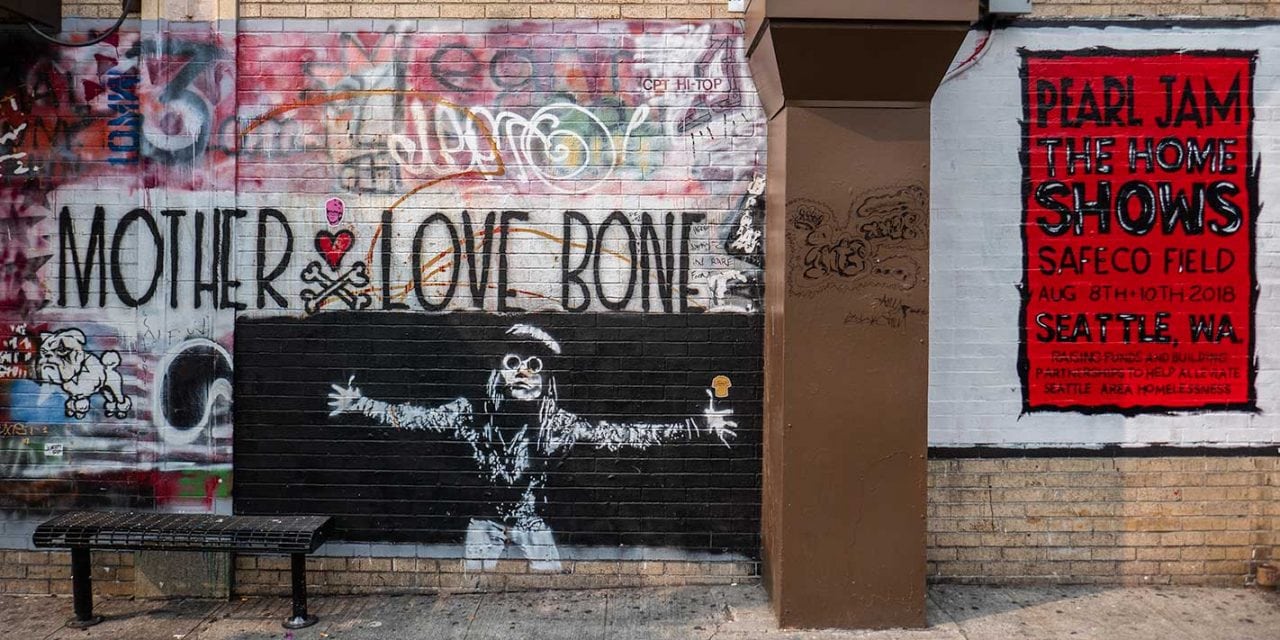
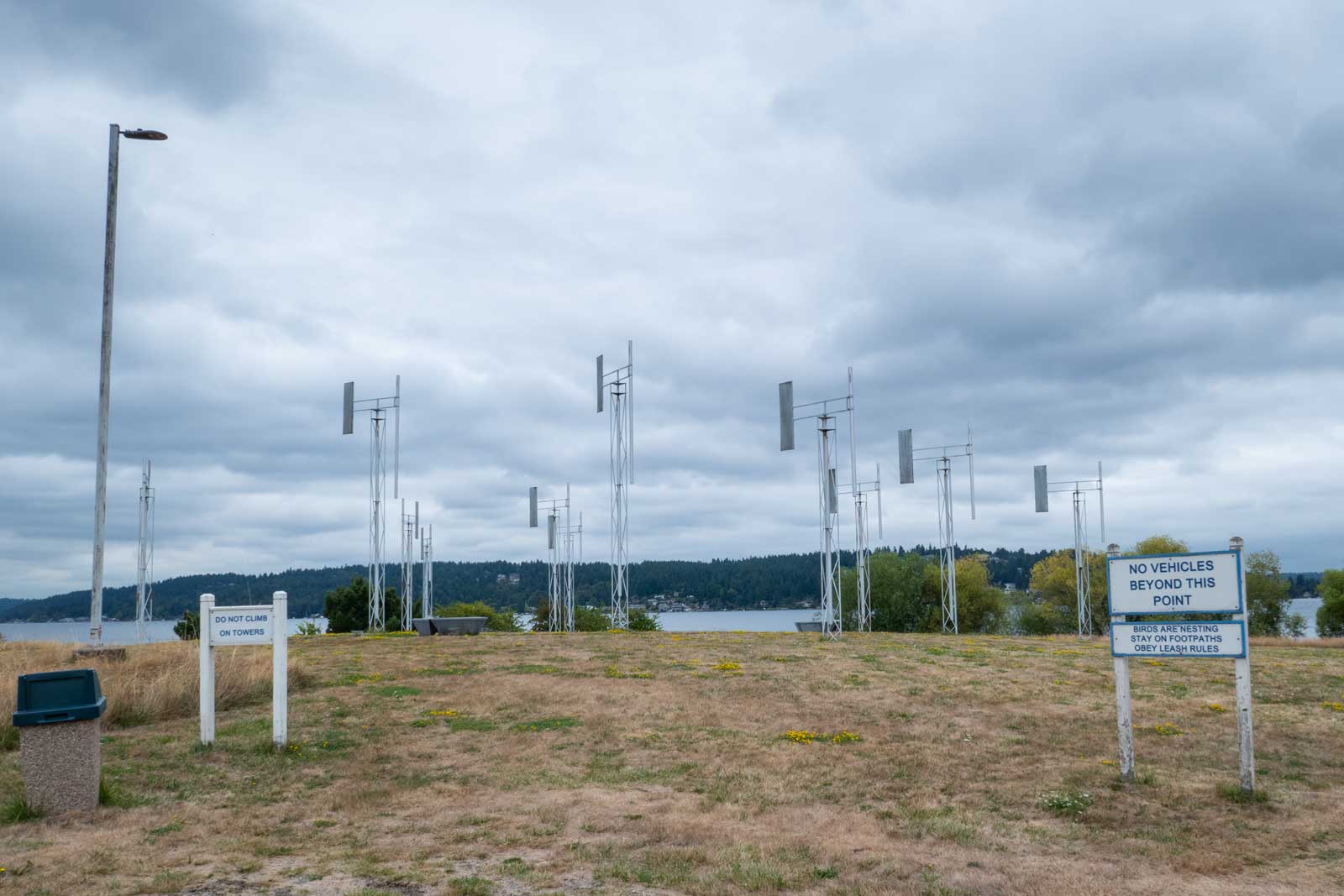
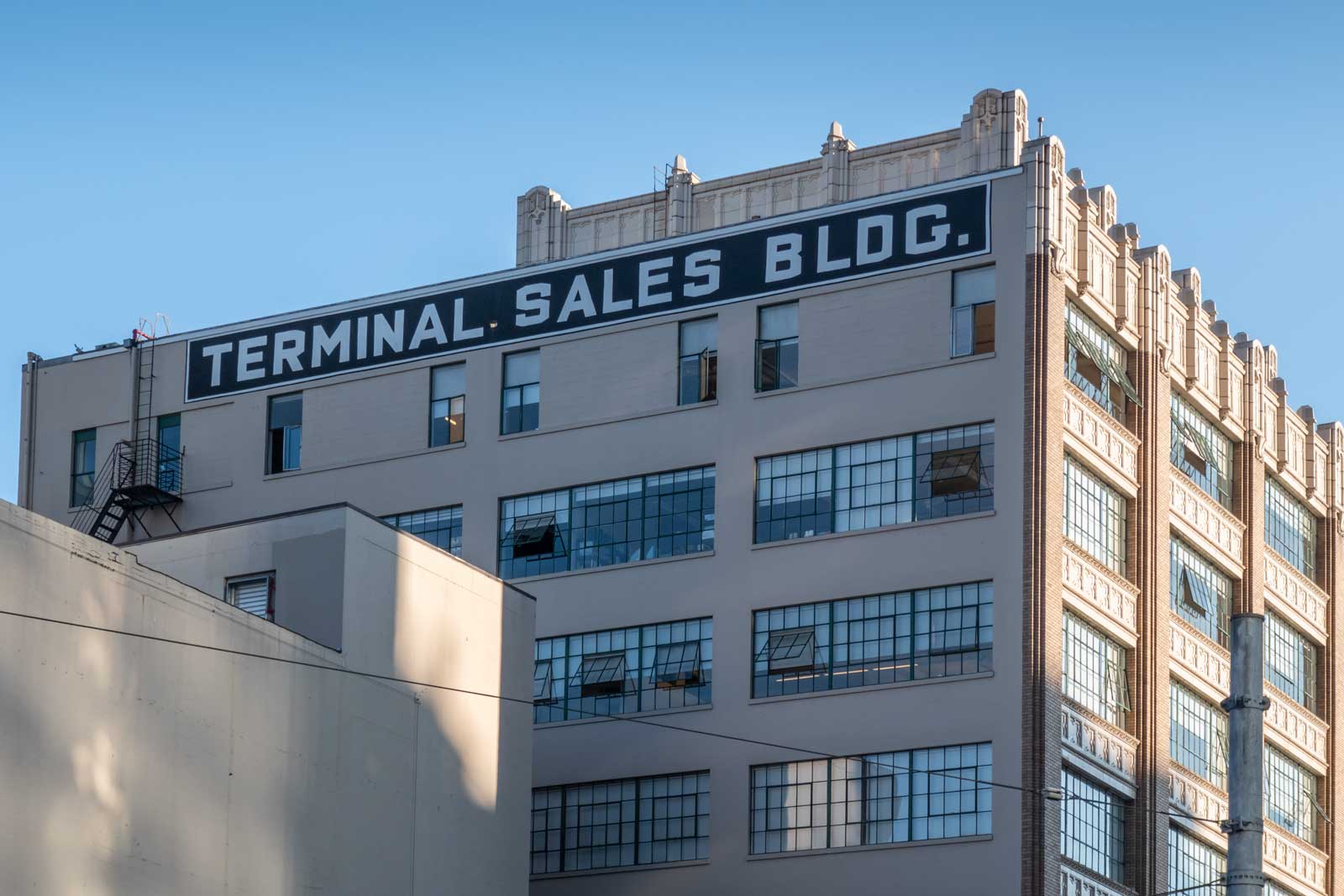
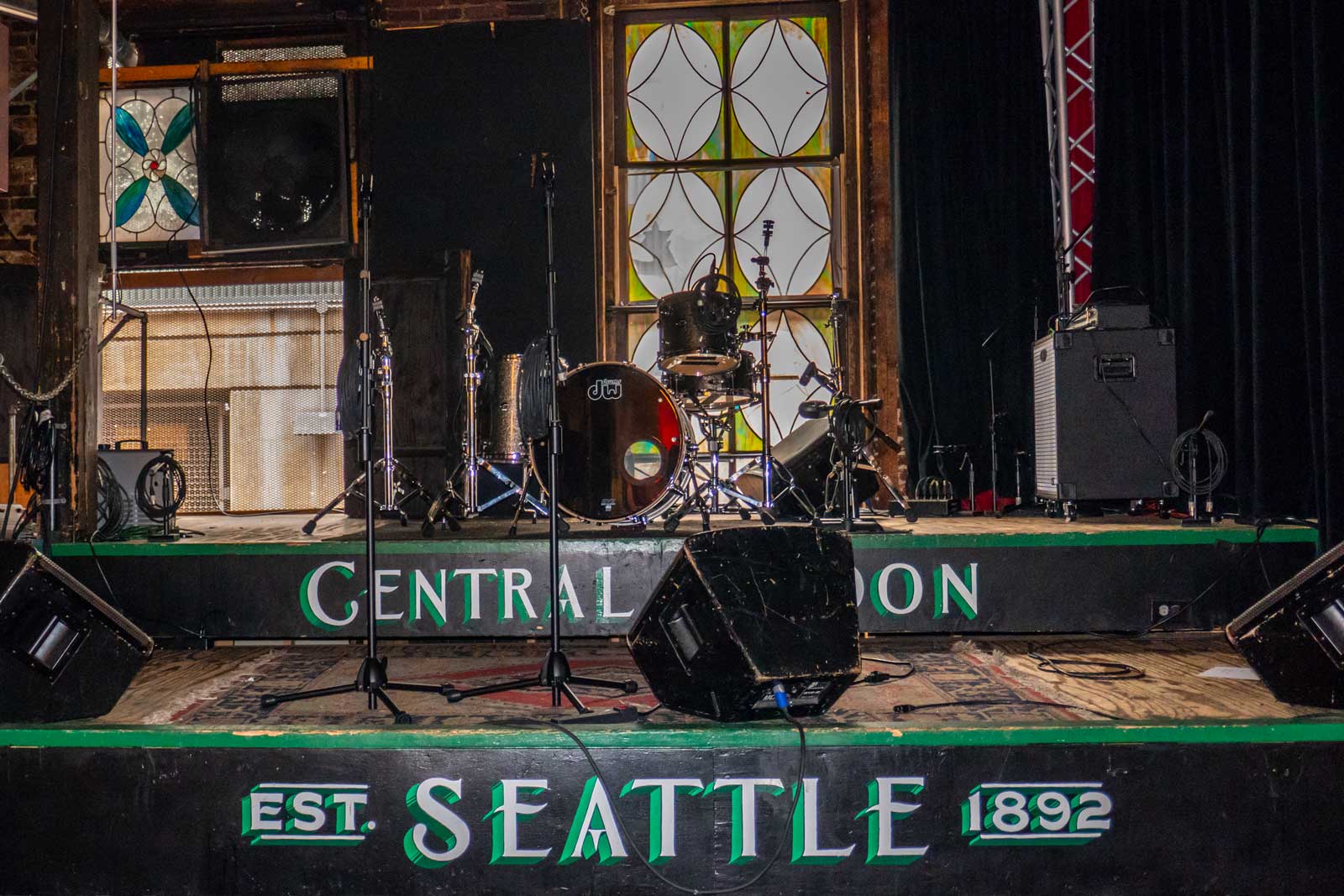

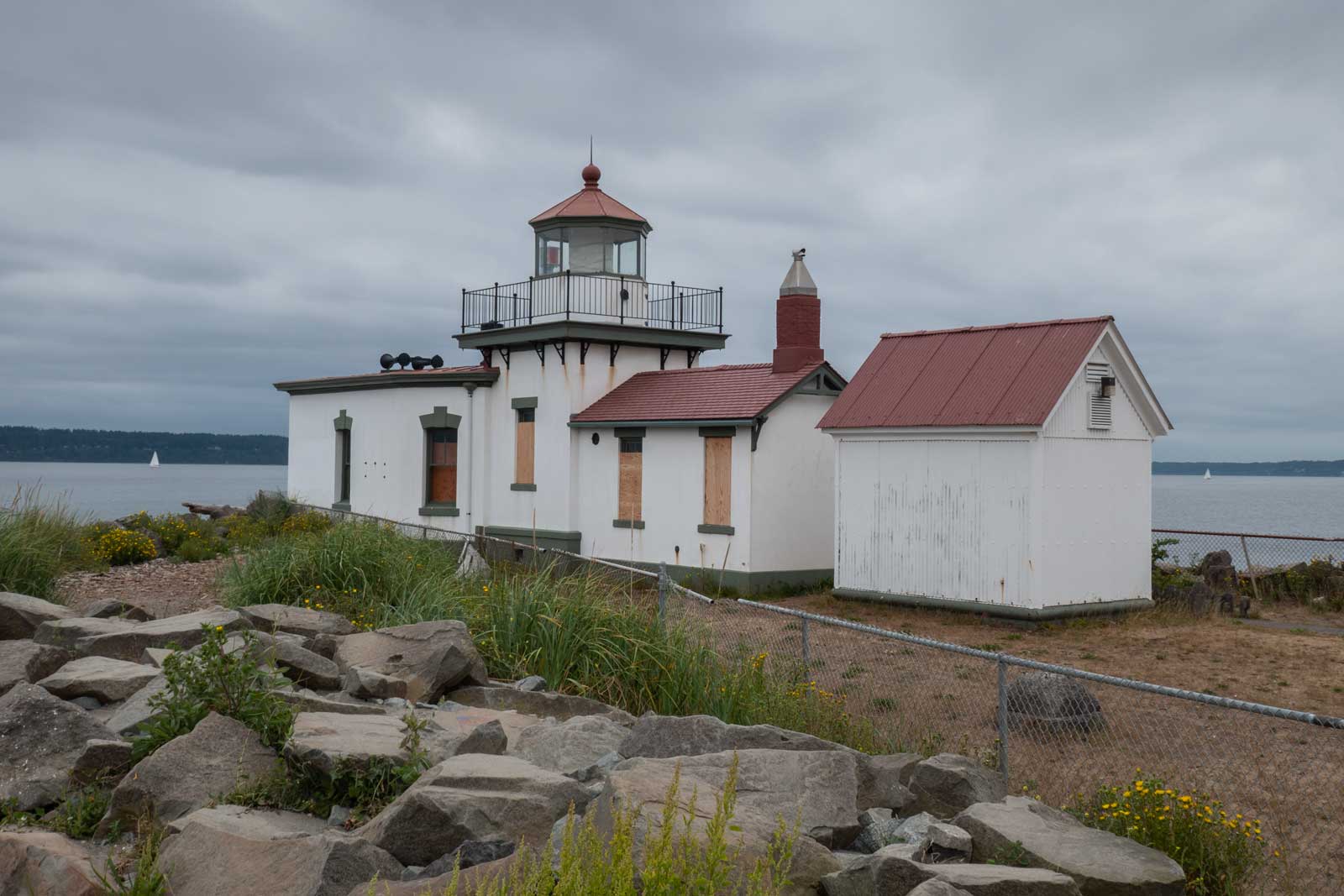
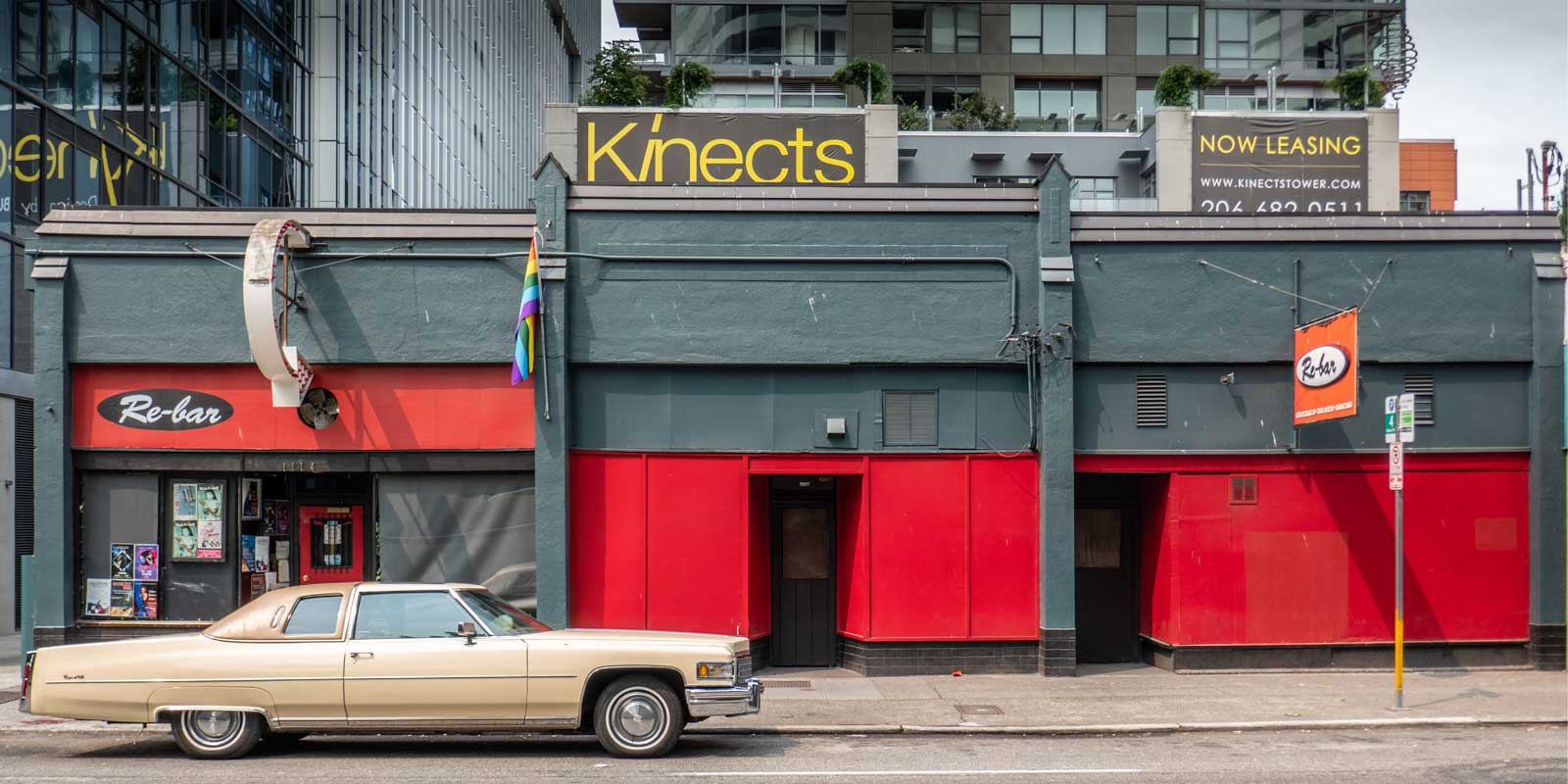
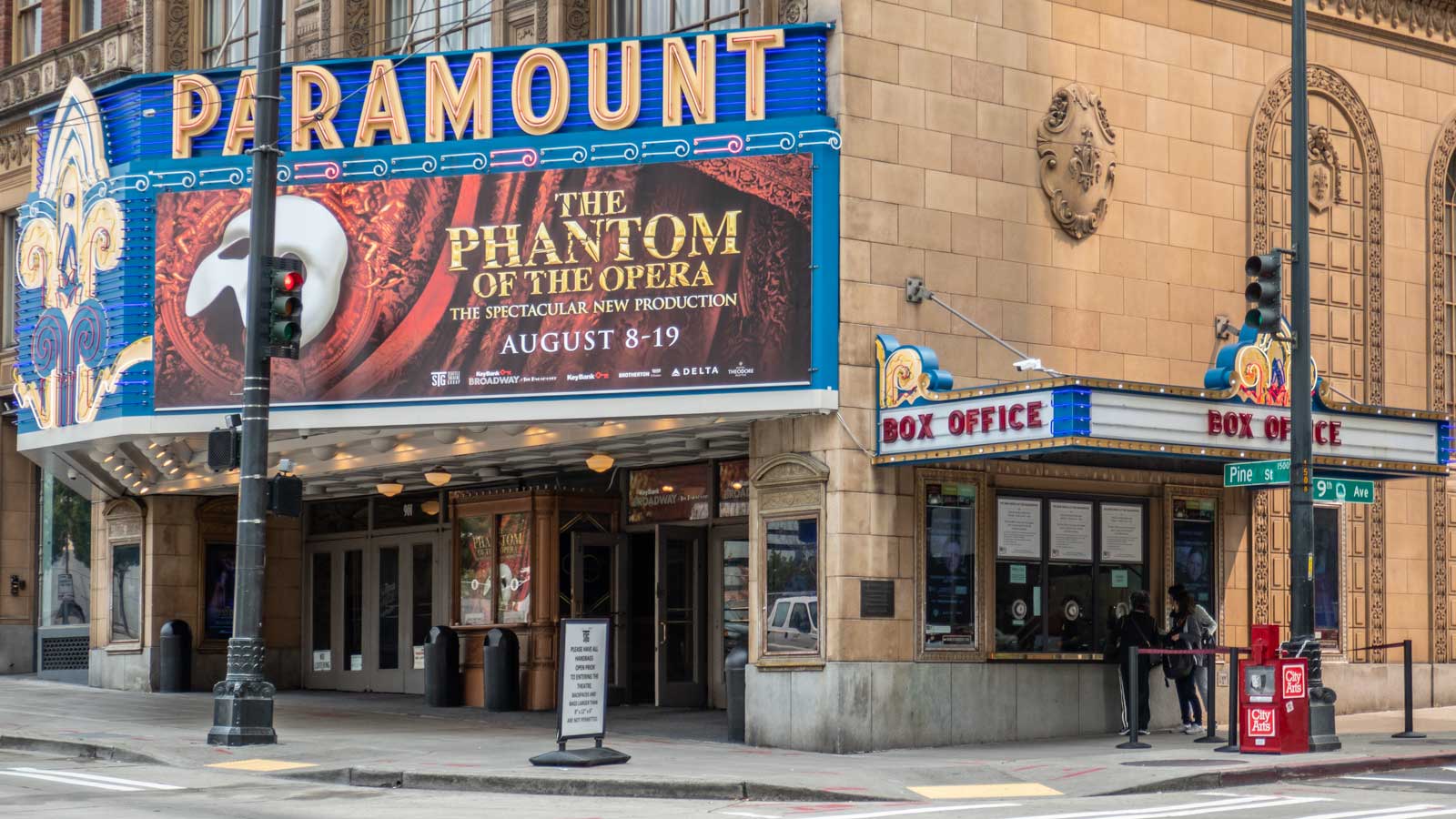
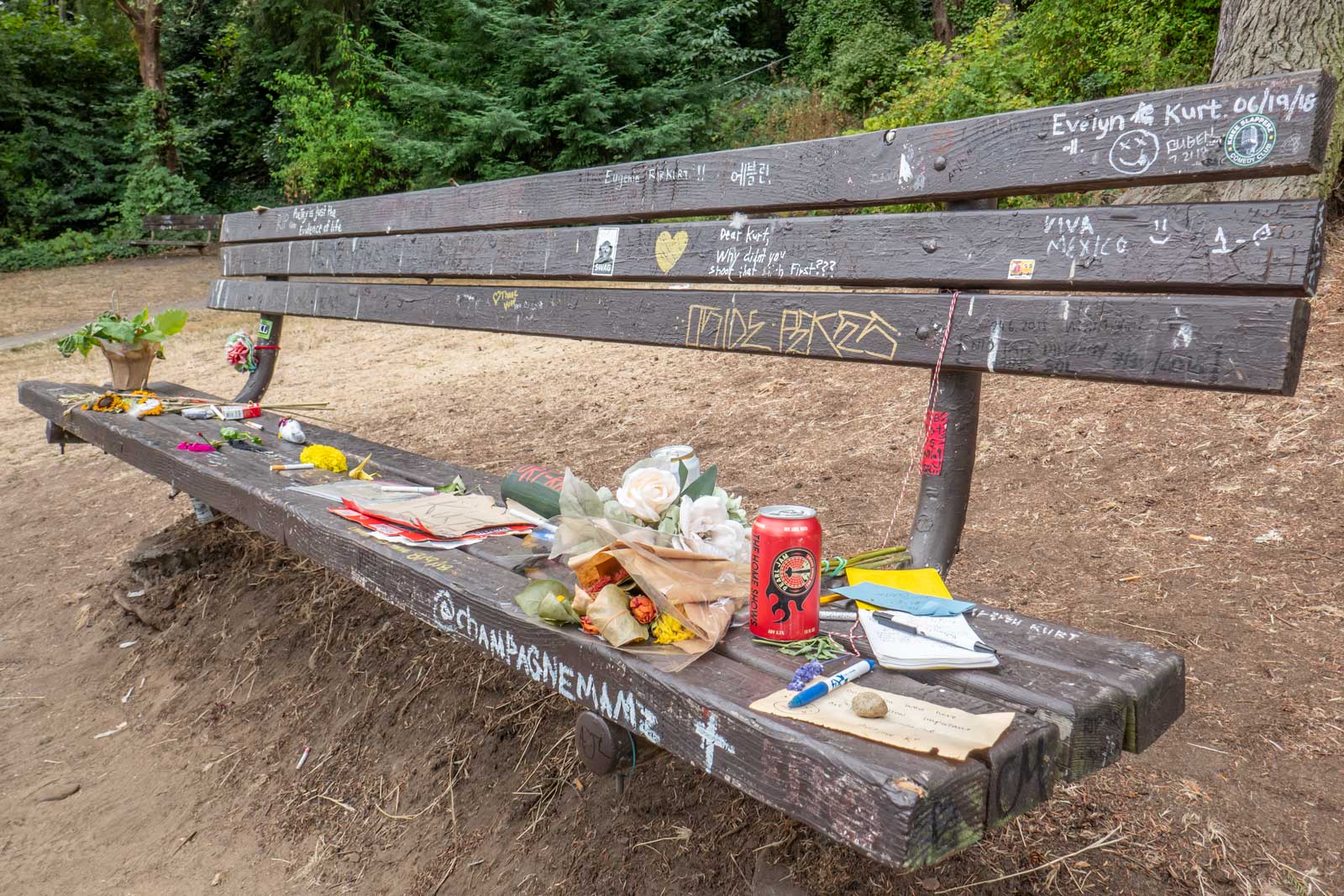
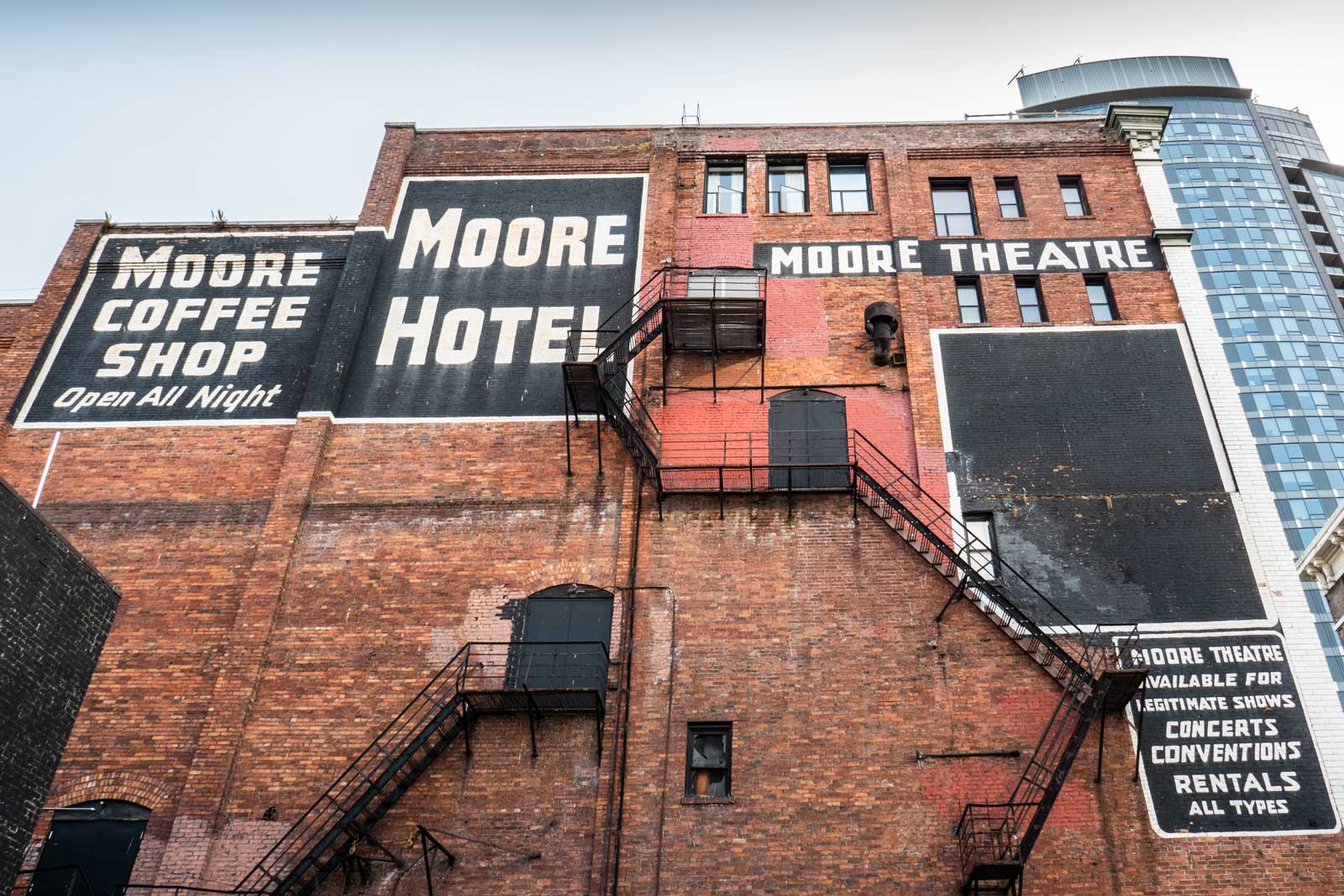
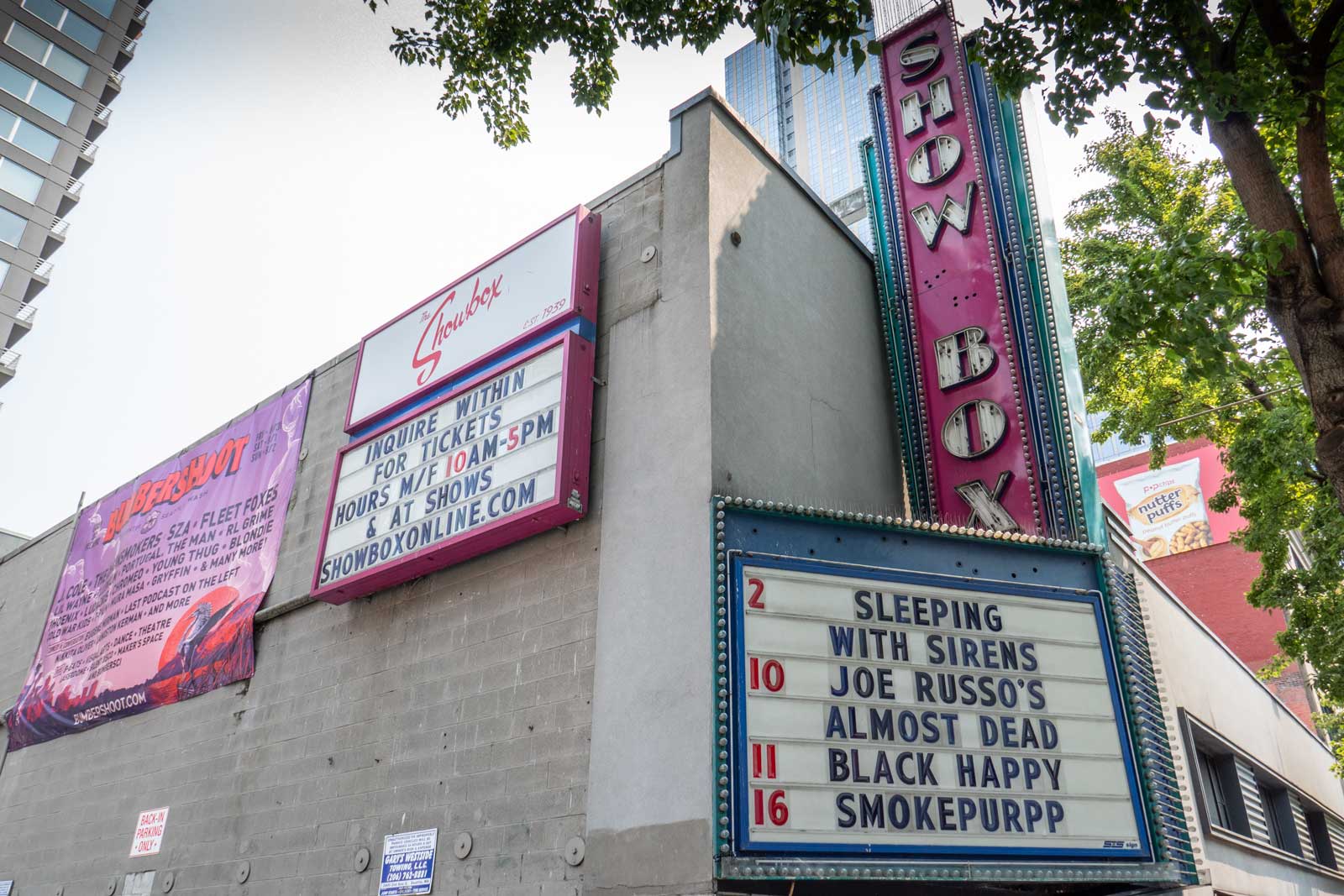
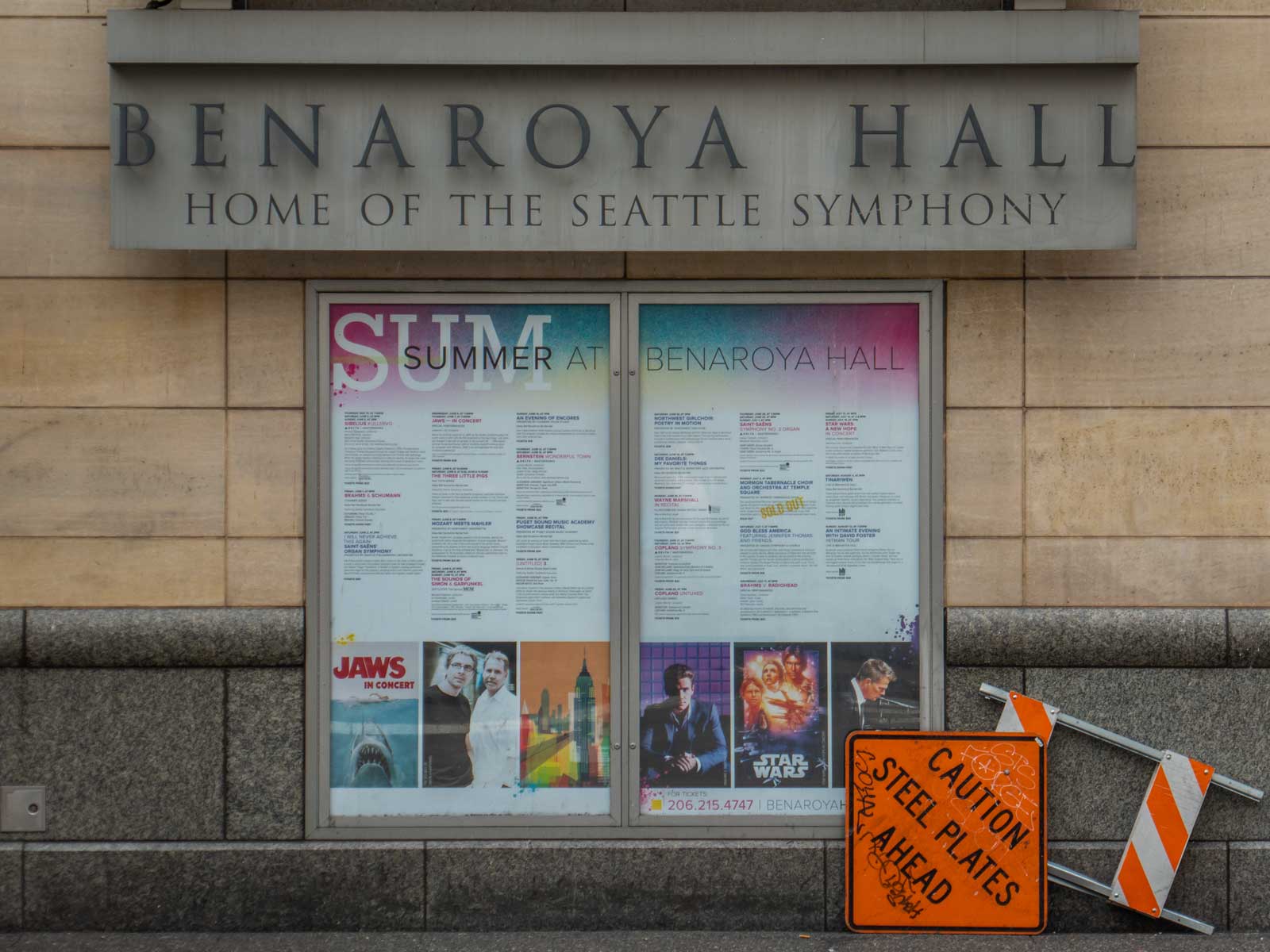
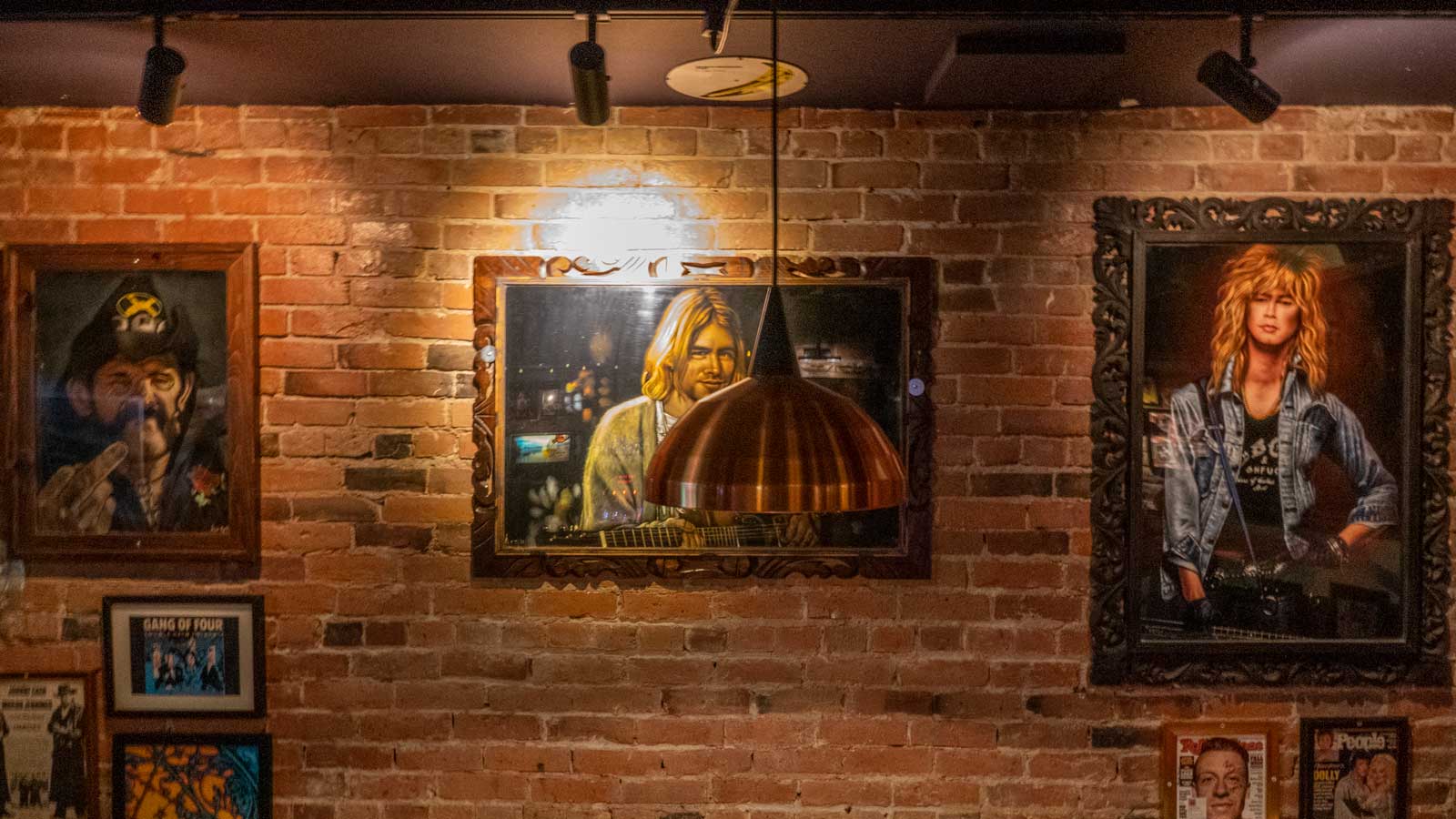
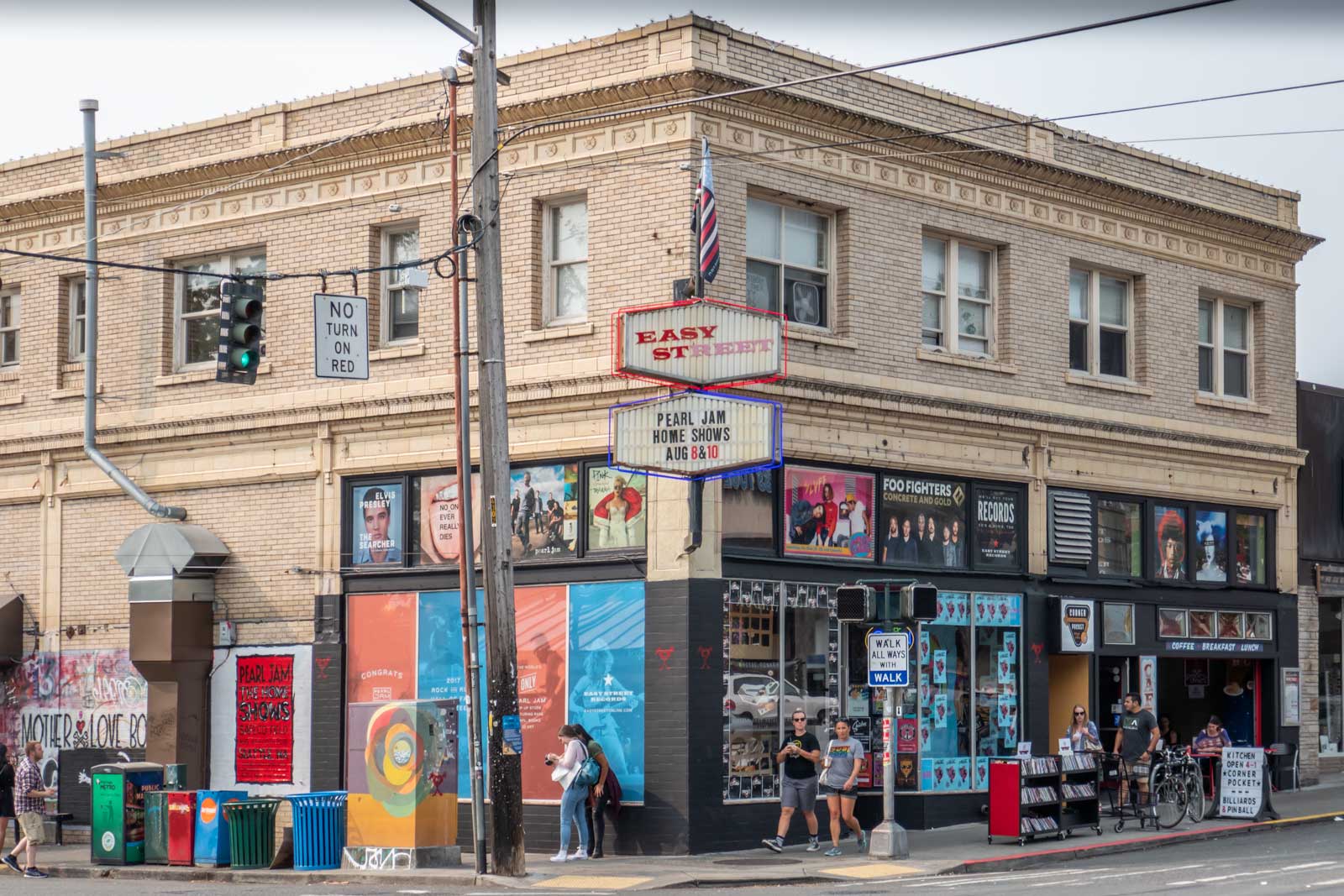
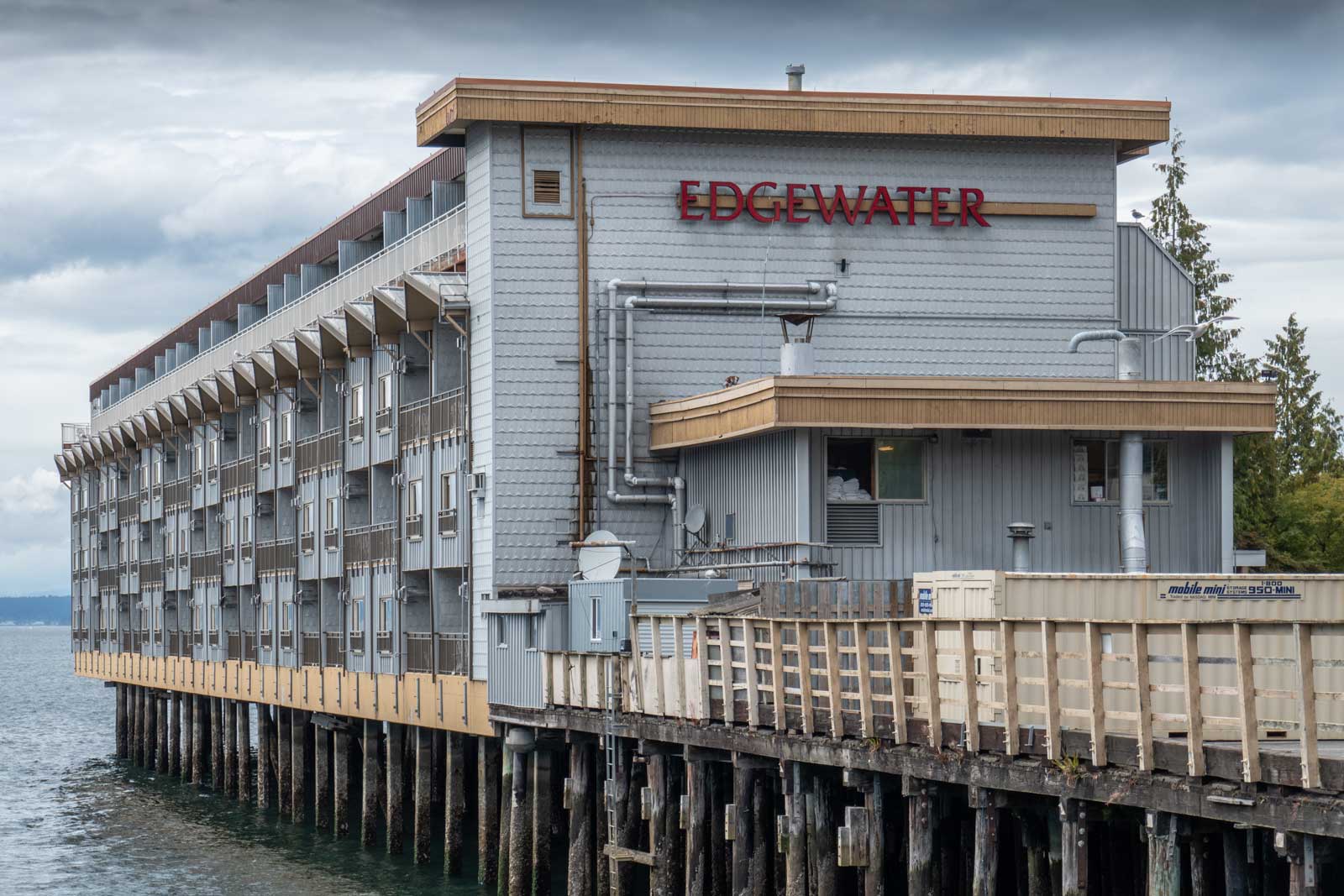
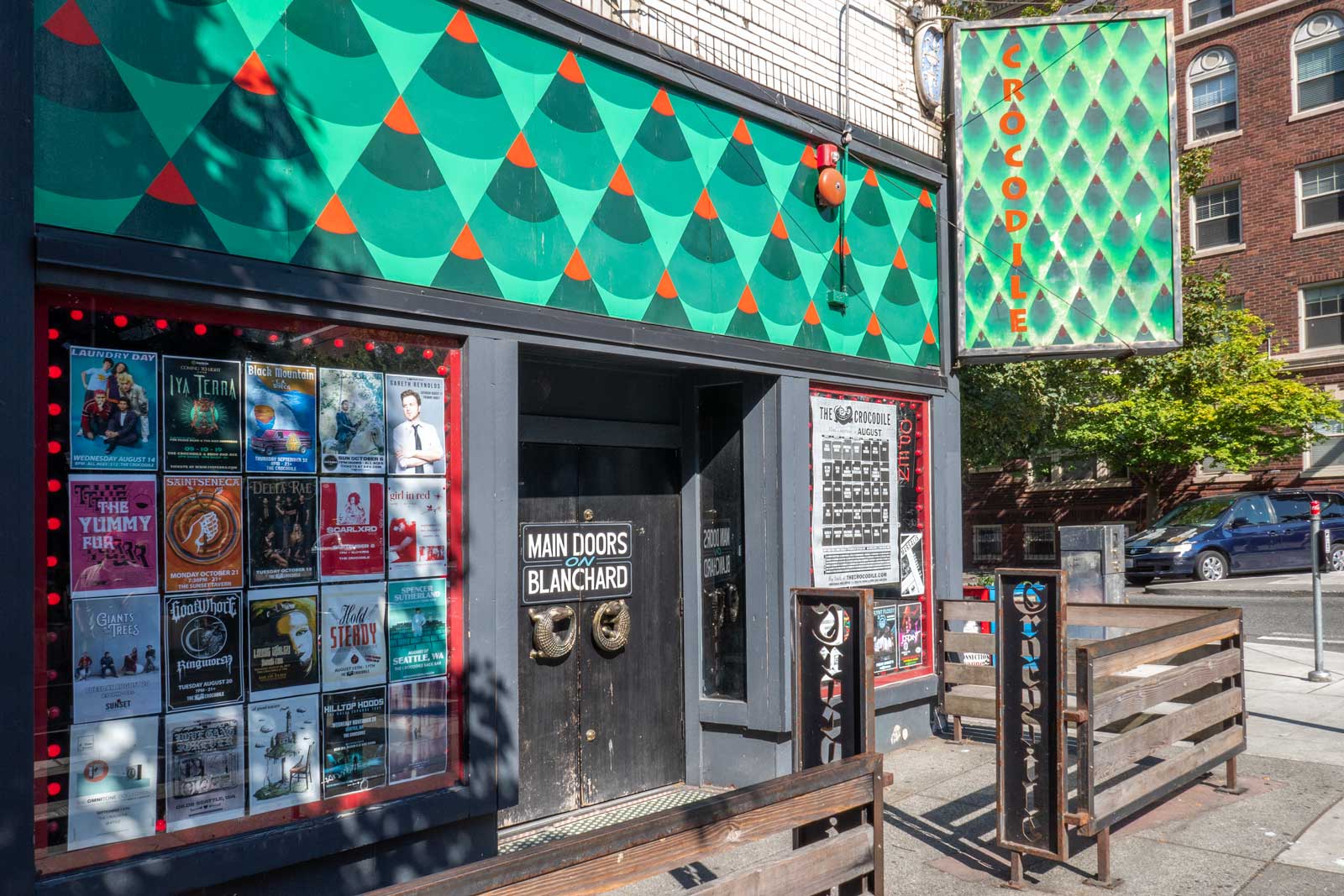
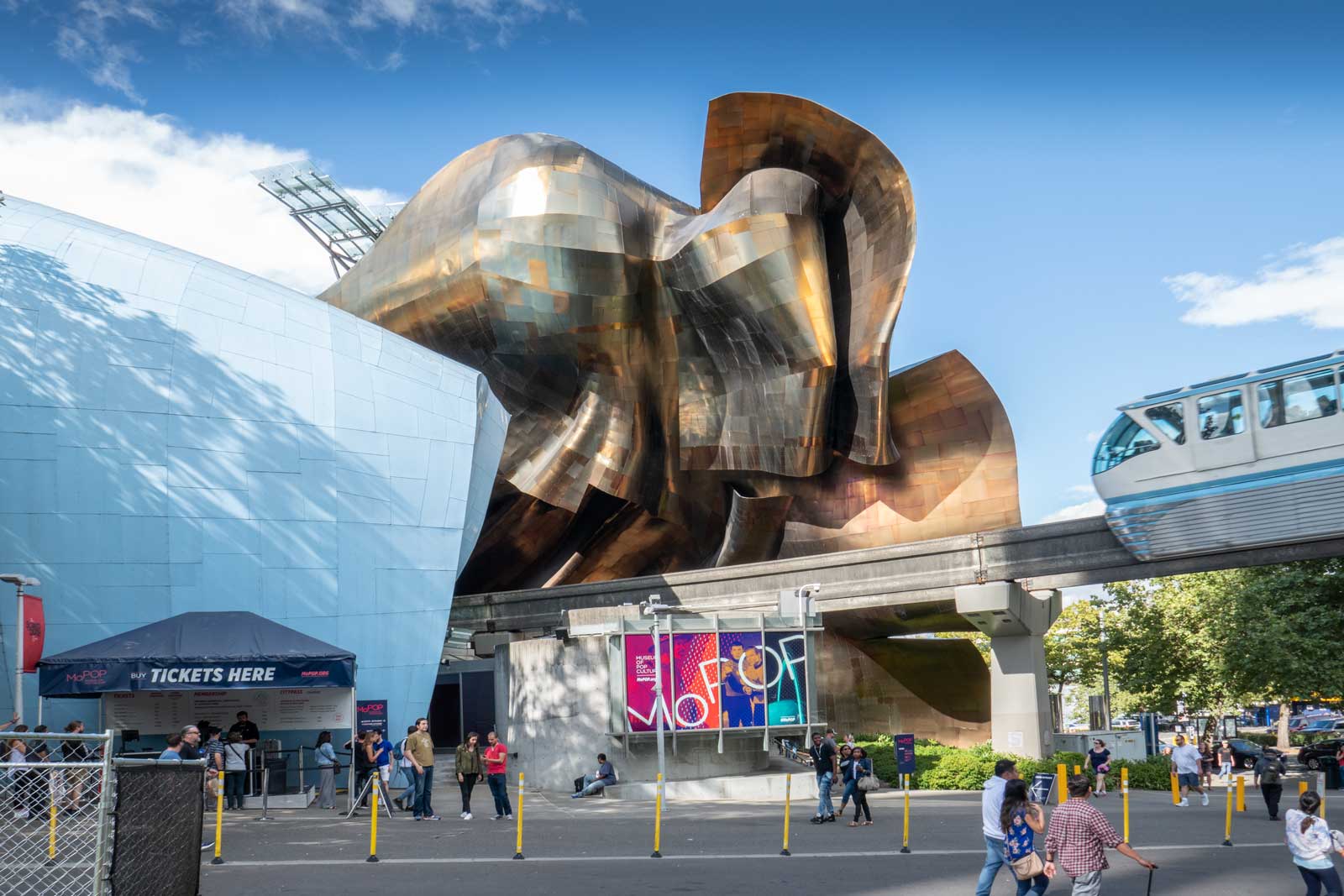
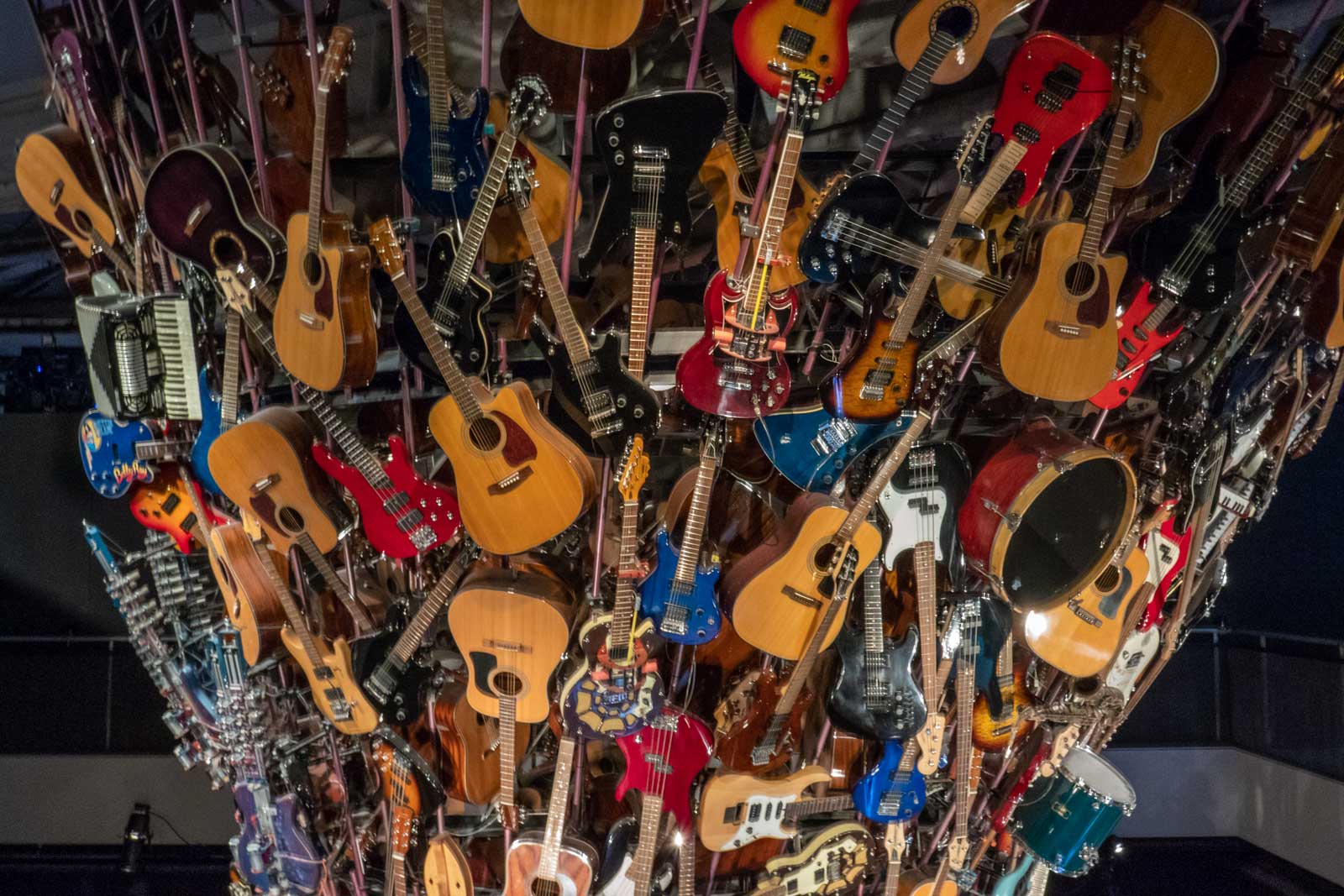

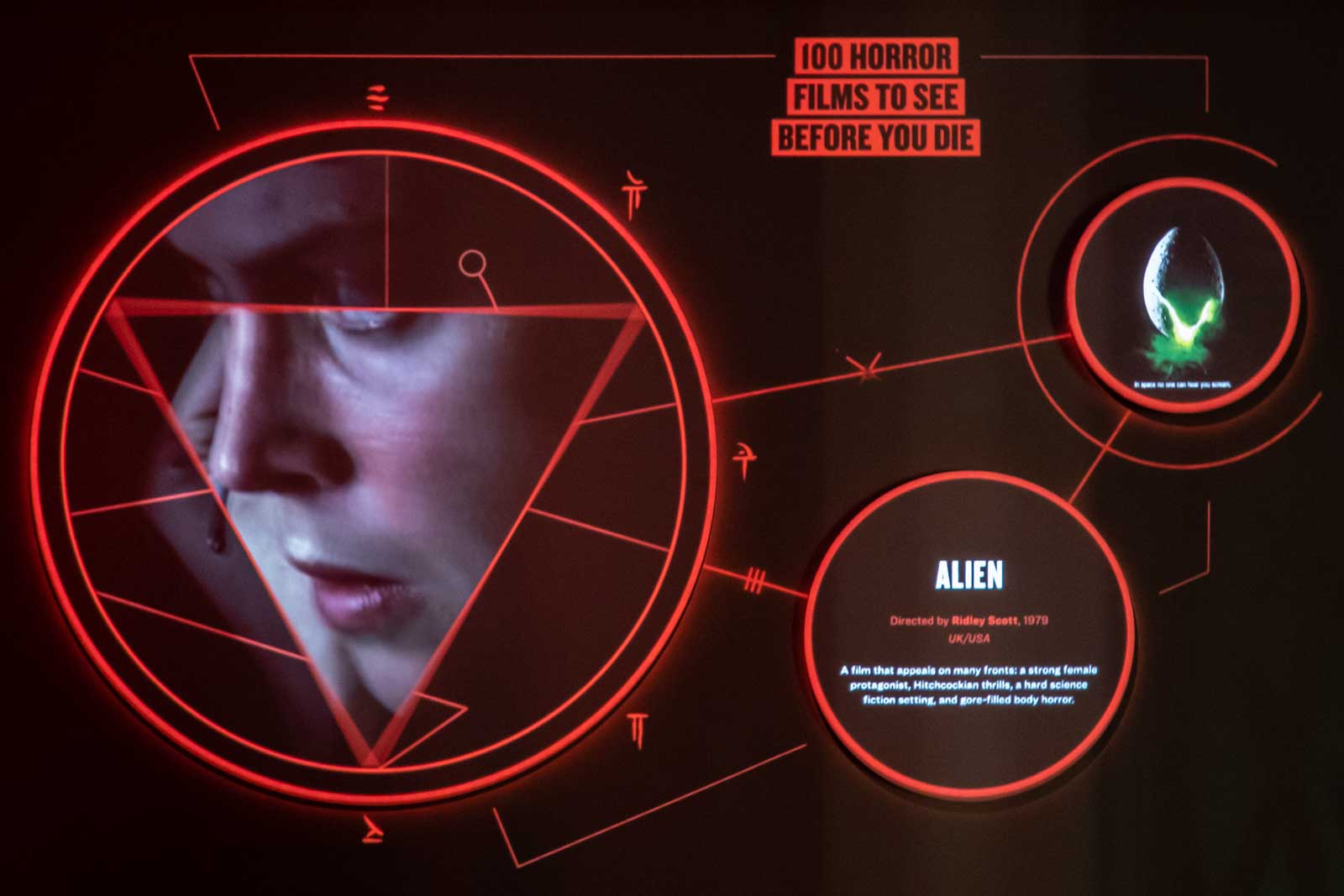
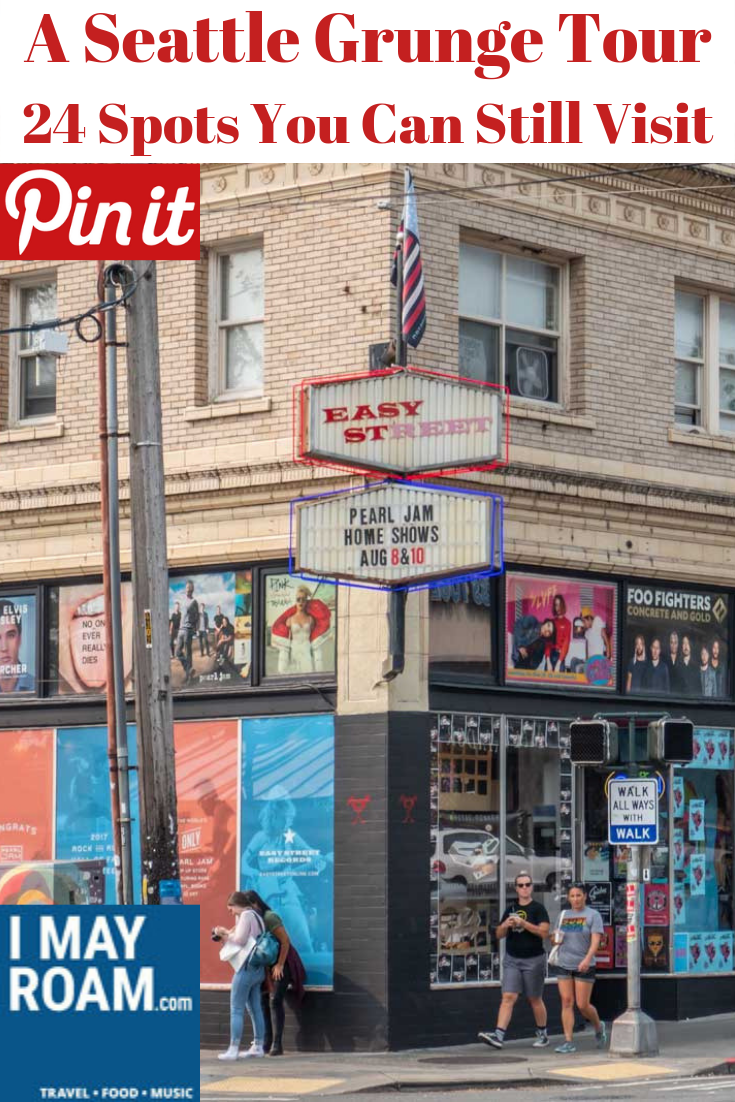
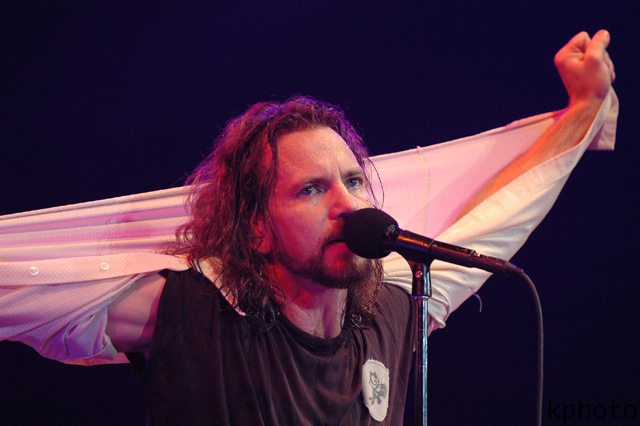

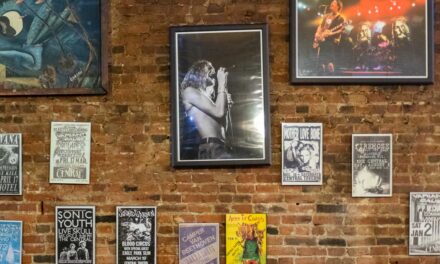
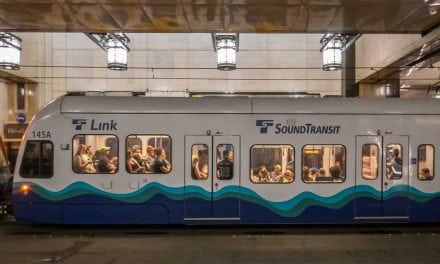

Very interesting facts about the original grunge scene. I was never into grunge music growing up… might have been too young for the original 4. For a grunge fan this would be a great source of info!
Hi Sara. Thank you very much! Hope you’re staying safe.
Such a great write up of the Seattle grunge scene. I think it’s great that the city has preserved their music history. I would love to visit some of these places.
Yes and no. Some places (like Studio X) are gone and others are disappearing. But there will always be dozens of places to visit, no matter how much the city changes.
This is a great article. Definitely makes me want to visit Seattle. I wasn’t into grunge music at first but when my son introduced me to it I really started to like a lot of it. Seattle looks beautiful and has so much to offer. A definite bucket list entry.
And I’ve since discovered a few more places, which I plan to visit next time.
Im going to be in Seattle later this week. Where are these “other places” Brian?
Gas Works Park and Blue Moon Tavern for AIC fans.
I’d most definitely want to visit all of those grunge places in Seattle. They just inspire me for quirky photo-shoots!
Thanks Bistra. I’ve even discovered a few more after I wrote this article.
Great article : we will be visiting Seattle in July next year especially for grunge discoveries. Thanks a lot for this info ! greetings from Belgium.
Greetings from NYC. Did you end up visiting? I haven’t left the country since I returned on March 12.
So being a Gen X kid, I have to admit I never liked Nirvana at all. I know its not a popular answer but I was just so so on the rest of the Grunge bands that came out of Seattle like Pearl Jam too. Personally, I never understood the appeal of Kurt Cobain nor his lyrics. My dad used to wonder because I loved Jim Morrison & the Doors and he often likened Cobain to Morrison in terms of dark poetry. But I just didn’t like their sound or the sound of grunge. That was until I heard Chris Cornell with Soundgarden, Audioslave, & then solo. Now that is a musician whom I would love to discover all of his old haunts around Seattle & see what inspired him. Sign me up for exploring Easy Street too….would love to catch a pop up show in the store.
Check out my dedicated Soundgarden guide to Seattle. It’s doable in 1-2 days IF you have a car.
I forgot about the movie Singles. That was one of the best from that period. I love that some of your stops have such yummy-looking food too. Grunge seems like it really gave Seattle fame. I visited before, when I was young, but it took on such a character after.
Yes, that period’s music and the later tech-boom have shaped the city for sure.
Im going to be in Seattle later this week. Where are these “other places” Brian?
Also check out the International Fountain near the Space Needle.
NAF Studios should be mentioned. My boyfriend in ‘98 had a practice space for his band at the bottom of the building. I had to walk to the upper part of the building in order to use the bathroom and I accidentally opened the door to Alice In Chains’ practice space. They invited us up to jam with them. They mostly played and we sang Bob Marley songs. I was a huge fan and still can’t believe that happened. NAF studios was also home to some great raves too. When I was in elementary school living in Olympia, Kurt Cobain stayed in a house across the alleyway from me and right next door to my best friends house. I was terrified of them as they would hang out on the front porch never talking but dazing are the field across the street. I thought there was something wrong with them but later learned they were just really high. At night they would jam live in the basement and my best friends mom would call the police as a noise complaint many times. Her bedroom window was just feet from their basement window. She was a single mom of three kids and a full time student.
Hi Melanie. Which Alice members did you meet? I’d really like to hear more about that!
Hello Brian,
Thanks for your reviews. I plan a trip to SEA this summer. Is this information still valid or has it changed since 2019? I am interested in a club for live grunge/rock music. Thanks and wishing you well, Bianca
Hi Bianca. When do you plan to visit? I know the tour guide I had has since moved to Ethiopia.
Hello Brian.
Great article. Way to keep the grunge era memories alive.
Wanted to make sure you and your followers are aware of our Historic Studio Tour of London Bridge Studio. Hoping you’d consider adding this to your post or future posts.
This is a one hour guided tour where you’ll get to see and hear where some of the most iconic records in Seattle music history were recorded, including Pearl Jam’s TEN, Alice in Chain’s Jar of Flies, Soundgarden’s Louder than Love, Temple of the Dog, and countless others. Stand in the “Live Room” where the bands performed, and learn about the unique acoustic environment and recording techniques used to get “that sound.” Walk through the vocal booth where Layne Staley, Chris Cornel, Eddie Vedder, Shannon Hoon, and so many iconic singers belted verses that defined a generation. Sit in front of the Piano featured on Mother Love Bone’s Chloe Dancer, Macklemore & Ryan Lewis Downtown, and Dave Matthew’s Band When I’m Weary. Finally, sit in the control room behind the 1974 analog Neve console, the studio’s centerpiece, and listen listen to the music you love the same way the band’s heard it for the first time while recording.
More tour info here: https://www.londonbridgestudiotour.com
Thanks for your consideration. And keep up the great work!
Cheers! Jonathan
Thanks! I just did the London Bridge Studio tour yesterday.
I’d also add Layne’s first house at 552 Ward Street, in Lower Queen Anne! 😉
THANK YOU for pointing that out! Didn’t know that ONE.